When someone in the family wants to start piano lessons, the question comes up; Should I buy an acoustic piano or a digital keyboard for home practice? What is a hybrid piano? Let’s address some common questions about this.
What is the difference between an electric piano and a normal piano?
A normal piano is an acoustic instrument with strings, set in vibrating motion by physical felt hammers striking them. Horizontal pianos (grand pianos) were first built in the mid 1700s and replaced the harpsichord as the main keyboard instrument is European music. Vertical pianos (uprights) were first made in the late 1700. Both grand pianos and upright pianos were being improved constantly throughout the 1800s. Range, volume, stability, all expanded and improved greatly during this period. By the 1900s, the design was set and not much has changed since then.
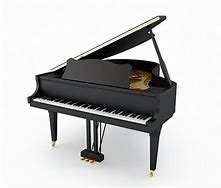
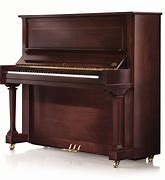
When most people today say “electric piano” they usually mean an “electronic piano”, and not an electrically amplified acoustic piano (like a Yamaha CP-80 from the 1970s). Digital pianos are modern electronic instruments designed to replicate the playing experience of an acoustic piano, in a portable, versatile instrument. A digital piano is a subset within the category of electronic keyboard instruments, which includes analog synthesizers, digital synthesizers, MIDI controllers, arranger workstations and more.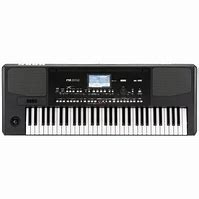
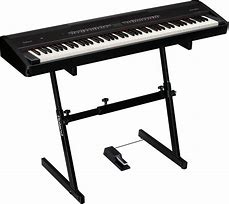
Digital pianos have developed greatly in the last 40 years due to advancements in computer processing power, memory storage, and firmware. 20 years ago, digital pianos were mostly playback devices of pre-recorded samples, however, beginning about a decade ago, they started also using acoustic modelling algorithms and sample-based synthesis to create more acoustically realistic sounds complete with sympathetic string resonance responses, and mechanical movement noises.
Can I learn piano on a keyboard?
TLDR: Yes.
Keyboard is a very encompassing term. When we narrow that down to “digital piano” or “piano replacement keyboard”, then yes, you can learn piano on such a keyboard.
Traditional piano repertoire was built for acoustic grand pianos; they are the best vehicles for it. However, quality modern digital pianos do a well enough job replicating the playing experience of an acoustic grand piano. The overwhelming majority of performers will learn proper technique and have a great time on them.
If the keyboard is an un-weighted 48 key synthesizer, or arranger workstation, then no, it is not well suited to learning traditional piano repertoire. It is built to excel in other tasks.
A hybrid piano is even more comparable to an acoustic piano. We will read about those further on in this article.
Do I need 88 keys to learn piano?
TLDR: Yes.
Look at it this way, the market has decided long ago that acoustic pianos have 88 keys; therefore digital pianos have 88 keys. Just buy an 88 key piano, and you will be all set. Yes, music from the baroque and early classical eras did not use all 88 keys because harpsichords and early pianofortes had only 4-5 octaves of range. But there is no sense buying a keyboard of 61 keys as your main learning instrument and then finding out later your keyboard does not have the notes needed to play certain pieces. Buy 88 keys.
Once you are playing, there are specific reasons people buy 25, 36, 48, 61 and 76 key keyboards. Many are used as MIDI controllers, Arranger Workstations, or for software instruments of a limited pitch range, or used as stage instruments in pop bands. Non-88 key keyboards are specific solutions for specific demands. You can buy one of them later, and you likely will. But buy the fully weighted 88 key versions first.
Do digital pianos feel like real pianos?
TLDR: Yes, within reason.
Generally, acoustic pianos do require more hand weight to play than digital pianos, as we are moving long wooden levers, arms, felt hammers and striking strings. However, modern high end digital pianos like those from Nord, Roland, Yamaha, Casio Celviano, Kawai, do an excellent job of simulating a horizontal grand piano. With their double escapement simulators, can one ask if perhaps top digital pianos approximate the playing experience of an acoustic grand piano better than an acoustic upright piano approximates the playing experience of an acoustic grand piano?
Practicing music at home on a digital piano daily, and then calibrating touch on an acoustic piano weekly is an excellent way to get the feel of both. However, if you have the space at home, resources, and can handle the sound volume, then getting an acoustic piano is wonderful, if that is the sound and touch you really want.
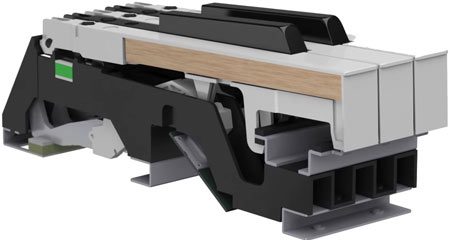
That being said, real pianos do not all feel the same. A $4000 upright, will not feel like a $120 000 grand. Well-used acoustic pianos will feel different than new pianos of the same type, depending on how much they have been played. Likewise, a $600 digital piano will not feel or sound the same as a $4000 digital piano.
With a digital piano, you will need a good speaker system or studio headphones to get the best effect, as well as additional foot pedals. Yes, the sound from strings moving a soundboard does feel a bit different than the sound from speakers. People get used to it, and continue to play past midnight with no worries.
The physical key-to-sound mechanisms of acoustic pianos, celestas, clavichords, harpsichords, pipe organs, electric tone-wheel organs, clavinets are all quite different. The digital equivalents will have similarly different designs to best approximate those physical characteristics.
For people who want to play piano, a digital keyboard designed to mimic a piano, will clearly do better than a keyboard designed to mimic an organ.
Do you need to tune electric pianos?
No. Digital pianos do not need to be tuned. They do not go out of tune as the seasons change.
A bonus option is you can adjust the piano tuning when playing with others. Ranges are often from A-415Hz to 460Hz. You can also change tuning temperaments with a few clicks from Equal Tempered Tuning to different kinds of Mean-Tone tuning, and Just Tuning.
If desired, a player can set a digital piano to a tuning for a specific key, so when playing in that key it will sound better than a properly tuned acoustic piano.
How long do digital pianos last?
They will last as long as they are not broken, and more than 15 years is common. Physical dropping can break it, as can water infiltration to the inside. Sometimes the power supply can burn out. An output jack can become unsoldered (easy fix). Key sensors can break. The mechanics of the keys can get worn down with use, like those of an acoustic piano.
Much of this is theoretically fixable by a keen D.I.Y. musician-tech, but if the keyboard is older, out of production, and replaced with better sounding models at lower than repair prices, they are often not fixed; they are disposed of and replaced. :-( By contrast, and acoustic upright could last about 80 years as a fun to play instrument.
What is the difference between a stage piano and digital piano?
A stage piano is a kind of digital piano optimized for stage use by professional gigging musicians. The outputs will have 1/4″ L-R outputs perhaps XLR L-R outputs too. The unit will be lightweight and portable, but also sturdy for the impacts that gigging life entails. Sometimes a stage piano will not have any internal speakers for making sound, relying on stage monitors or keyboard amps to make sound. Many models, like the Roland FP30 pictured below will come in a stage version, as well as in a stand with pedals for a stay-home version.
Are digital pianos good for beginners?
Yes, a quality digital piano is a good instrument for beginners to learn on. Make sure it has 88 fully weighted keys, built in speakers, a headphone output, and comes with at least the sustain foot pedal. These types of keyboards start at about $700CAD and go up in price from there. If the desire is there, then consider an acoustic upright piano from a reputable piano store. Those prices range from $4000 to $7000CAD.
What is a hybrid piano?
A hybrid piano is a blend of an acoustic piano and a digital keyboard in one instrument. There are different kinds of hybrids very loosely defined.u003cbr /u003e1- Full acoustic pianos with MIDI pickups and an additional digital brain: u003cemu003eThe digital part still uses the spruce soundboard as a speaker.u003c/emu003e Examples are Kawai Aures models and Yamaha Transacoustics. The price ranges are $10k + These are more expensive than regular acoustic pianos.u003cbr /u003e2- Silent piano: Full acoustic pianos with digital keyboard integrated. The sound output are from u003cemu003eregular cone speakers or headphoneu003c/emu003es. These usually cost about $2k more than the regular acoustic piano version of the same model.u003cbr /u003e3- Full key action of an acoustic piano, digital sound generation, and speaker cone sound output. Examples are the Yamaha N3X, Kawai NV5, prices $7k-15ku003cbr /u003e4- Hybrid action Digitals: digital pianos with advanced, but not complete, physical key mechanisms to emulate the striking process of an acoustic piano. Examples are Roland LX-series, Kawai CA- series, Casio GP510 and GP310. Prices are around $3-6k.u003cbr /u003eu003cimg alt=u0022u0022 src=u0022https://musiprof.com/wp-content/uploads/2021/02/casio-gp310.jpgu0022 /u003eu003cimg alt=u0022u0022 src=u0022https://musiprof.com/wp-content/uploads/2021/02/yamaha-nu1x-hybrid-piano-scaled.jpgu0022 /u003eu003cimg alt=u0022u0022 src=u0022https://musiprof.com/wp-content/uploads/2021/02/yamaha-n3x.jpgu0022 /u003e
Should I buy a digital piano or an upright piano?
Usually, you will end up buying both! If you have the space, the money and the environment that will accept the sound from a full volume acoustic upright piano, then an acoustic upright is a great choice ($4000CAD – $8000CAD new). You will be practicing the subtle touch of the keys to get the mechanism to strike the strings and make the sound in the most artistic way.
A hybrid piano will let you do that, and play silently at home. If the environment or budget is not amiable to those prices, then an excellent digital piano will get you started. Even if you bought an acoustic piano, as you keep playing and continue to develop, eventually you will need a portable instrument to perform on, so you will also buy a quality portable digital piano. Then you might also want a synthesizer for those pop gigs, and an organ for those jazz gigs, an MIDI controller for your DAW and… and…
Where can I learn more about these and play on actual models?
If you are in the GTA, check out this article for good stores to go to experience these instruments in person.
In Montreal, check out West End Pianos for used acoustic pianos. For new acoustic, hybrid pianos and high end digital pianos, check out PianoVertu, Nantel, and in Laval there is Piano Heritage.
Here is a link to a blog about entry level portable keyboards.
About Musiprof
Thank you for reading our blog article, “Piano or Keyboard? Which to buy?”
Musiprof is a Canadian Music organization that connects piano teachers to students in Toronto, Montreal, and Vancouver.

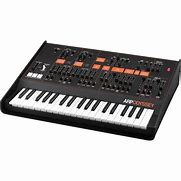
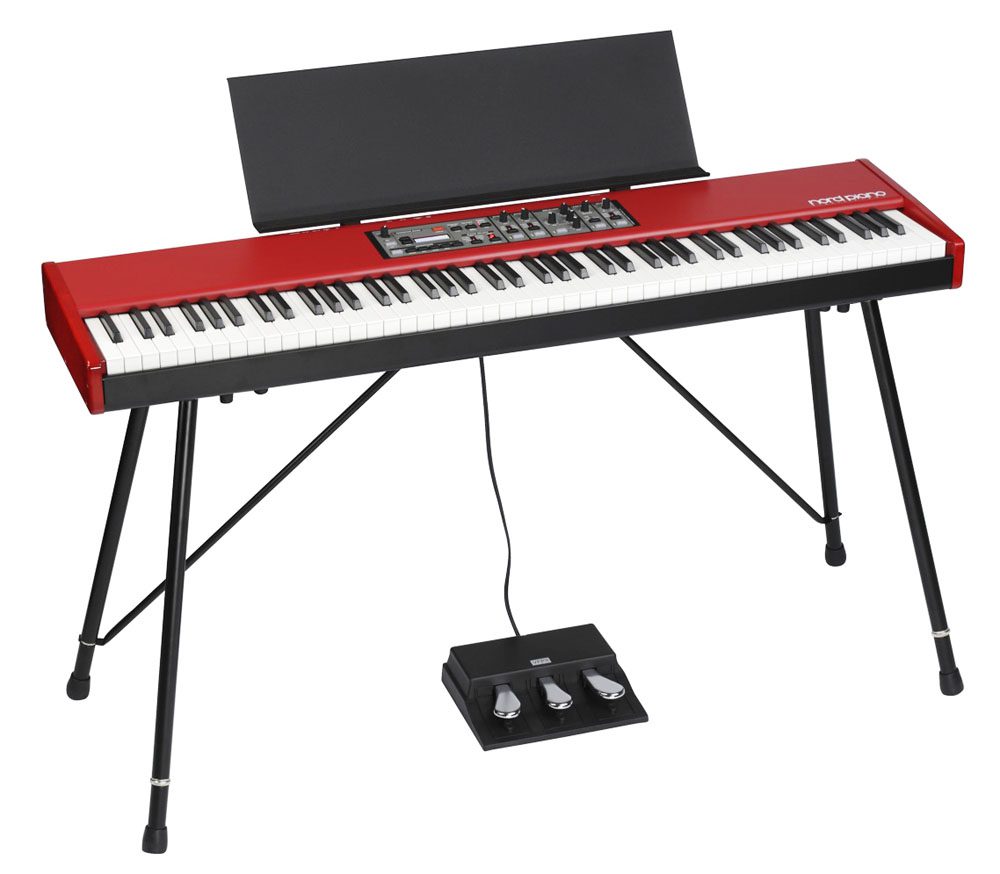
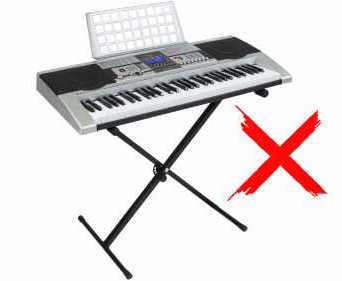
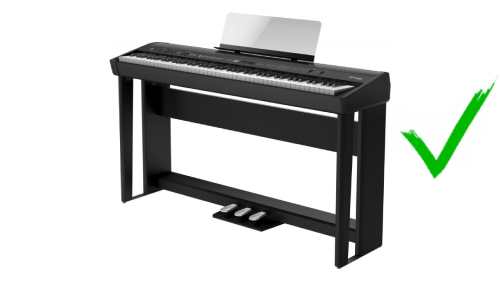

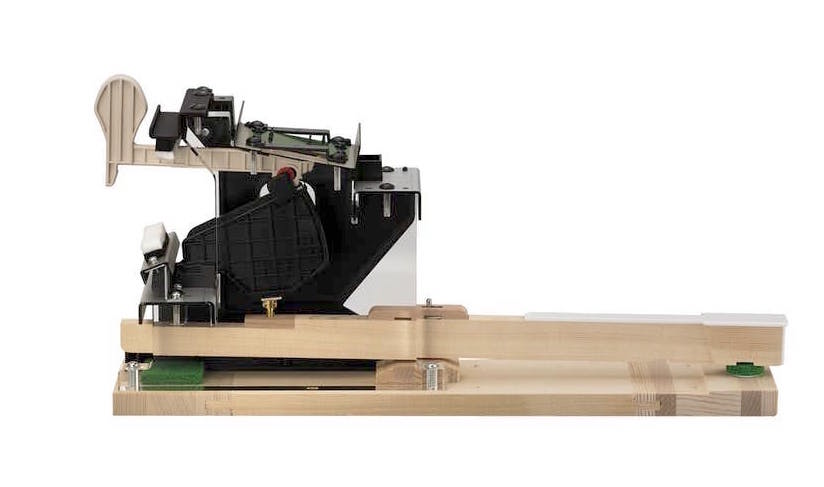
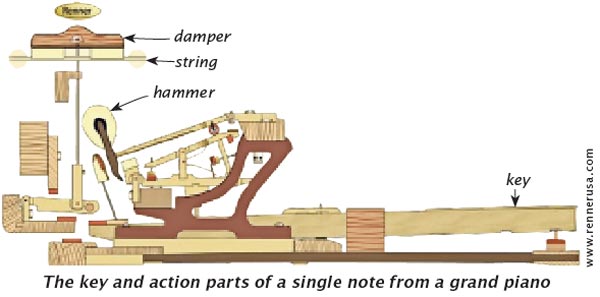
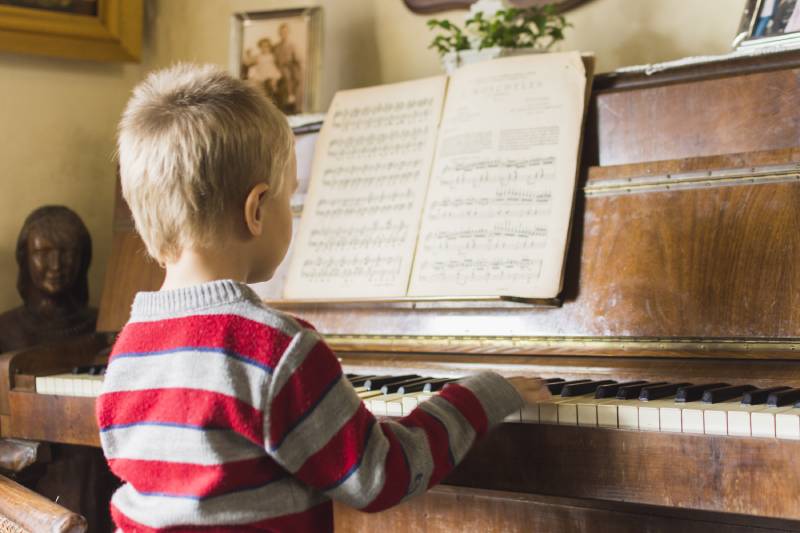
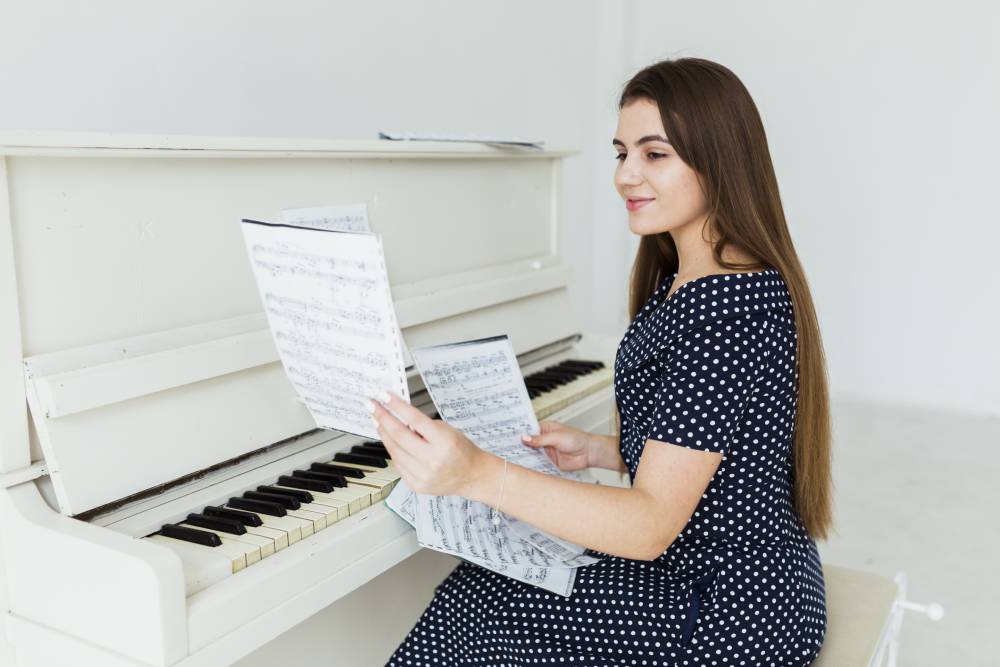
Pingback: cheap jordans 12